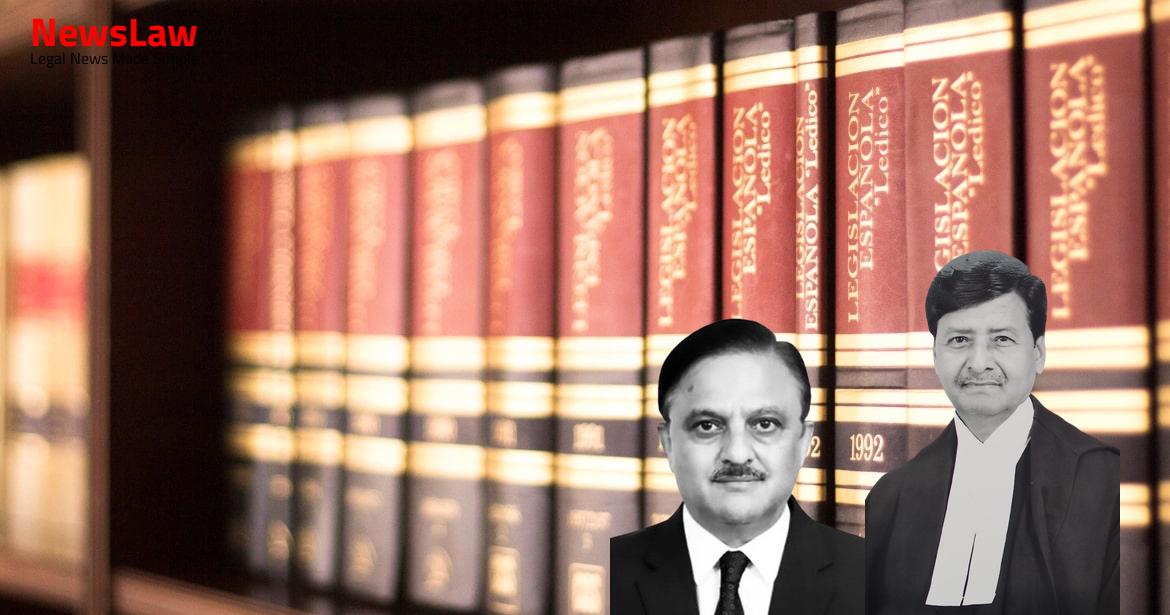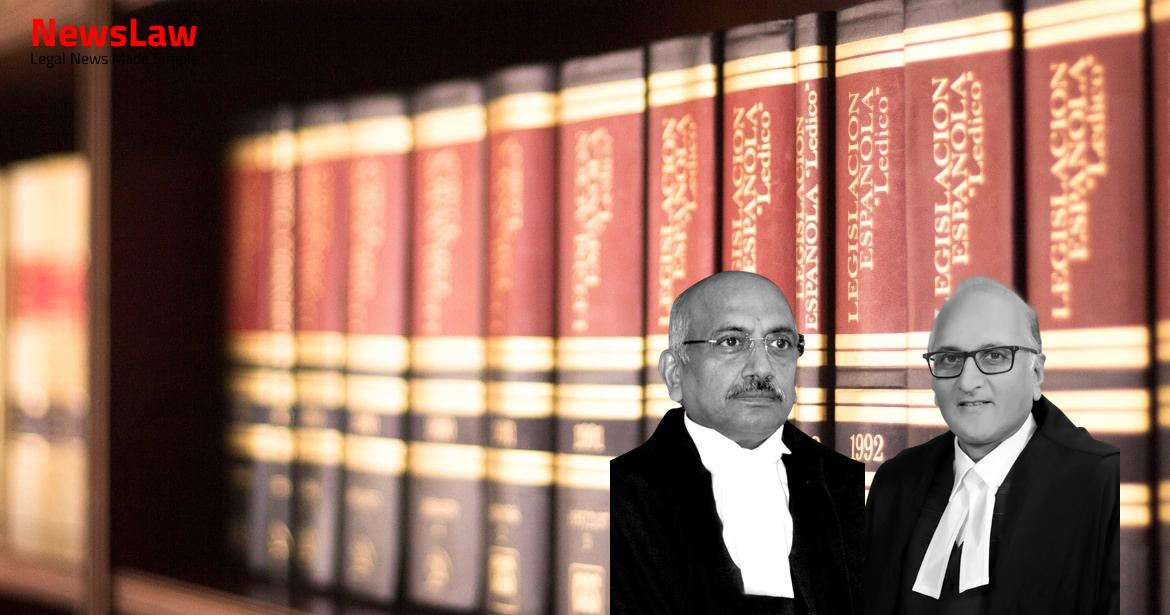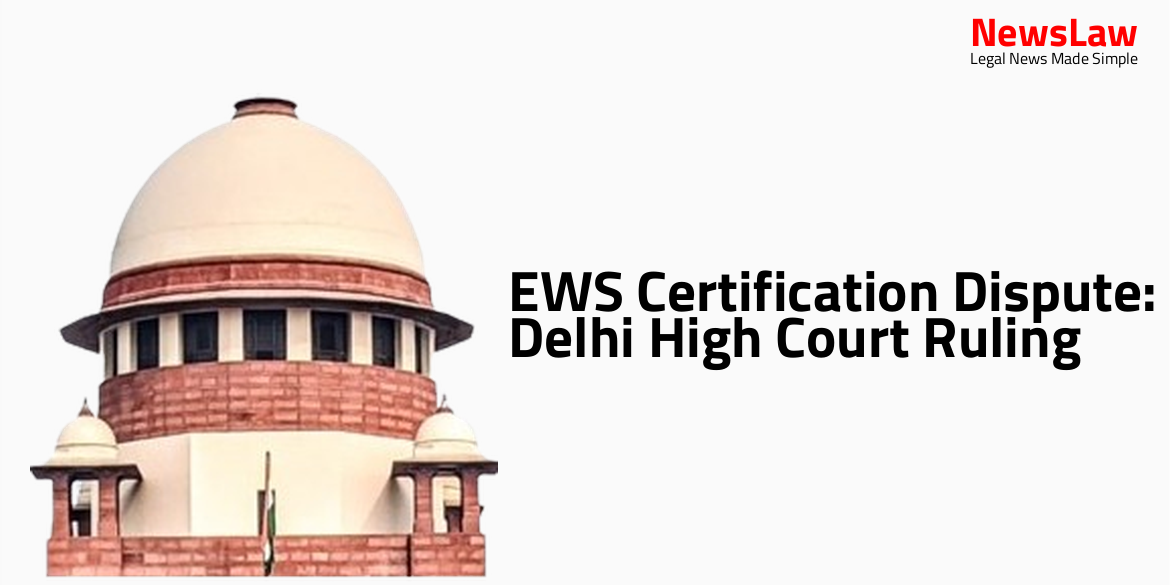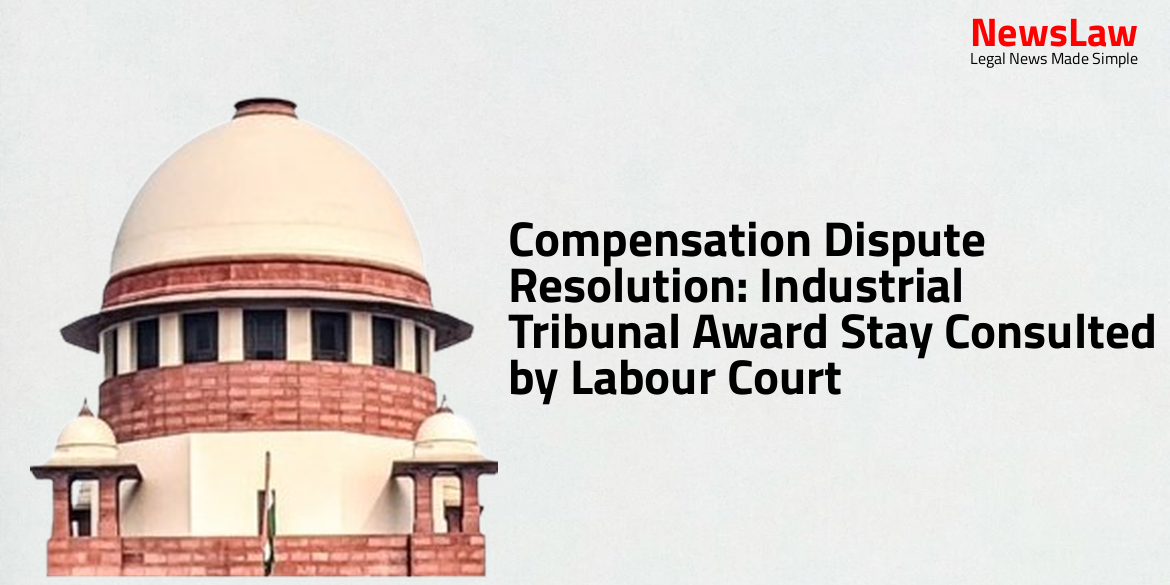In a recent legal case, the court delved into the complex issue of seniority rights of ad-hoc employees in the context of regularization. The court’s legal analysis focused on the interpretation of appointment orders, qualifications required for regularization, and the entitlement to seniority benefits based on initial appointment date. The decision overturns the Division Bench’s ruling and provides clarity on the rights of ad-hoc employees in the regularization process.
Facts
- Civil Writ Petition No 1820 of 1990 was filed seeking regularization of service.
- Fresh appointment process initiated with a panel of 180 candidates causing concern for seniority.
- Interim order granted protection of seniority for petitioners and deferred tests.
- Private respondents claimed seniority above petitioners with support from employer.
- Regular recruitment process in 1987 mentioned.
- Order dated 17.11.2000 regularized services of private respondents.
- Challenge to deprivation of seniority led to filing of Letters Patent Appeal No 328 of 2015.
- Order dated 20 August, 1992 passed by the High Court in earlier litigation emphasized protecting the seniority of ad-hoc employees
- Seniority of ad-hoc employees regularized in 2000 was to be fixed separately according to rules, which were not available
- Respondents were initially appointed as LDC on ad-hoc basis during 1983-1989
- Specific mention in Order dated 17 November 2000 regarding separate fixation of seniority for regularized employees
- Order dated 12 November 1992 directed to consider ad-hoc employees for regularization after qualifying typing test
- Seniority of ad-hoc employees protected vis-a-vis fresh recruits from the panel of 180 candidates
- Regularization of ad-hoc LDCs who qualified typing test from their initial appointment by Order dated 17 November 2000
- Challenges to the Order dated 17 November 2000 led to a judgment by the Single Judge in 2015, quashing seniority placement of specific respondents
Also Read: Recovery of Misappropriated Temple Funds: Court’s Legal Analysis
Analysis
- The Court agrees with the decision to leave the dates of regularization undisturbed.
- Disagreement with the decision that seniority would not count from the dates of regularization.
- Appellants allowed to count seniority from the dates of their regularization as LDCs.
- Appellants passed the qualifying test required for regularization.
- Impugned order of the Single Judge set aside; appellants granted second chances based on previous orders.
- Appellants are part of the ministerial cadre and were appointed on a substantive basis after selection in 1987.
- Respondents appointed on ad-hoc basis during 1983-1989 and were exempted from a written test after a Writ Petition.
- Regularized by the District and Session Judge from the date of initial appointment in 2000.
- Issue of seniority was not specifically determined at the time due to lack of rules/guidelines.
- Clarification by the Single Judge regarding seniority over employees appointed on a substantive basis set aside by the Division Bench.
- Questions arise on whether those initially appointed on ad-hoc basis and later qualified can claim regularization from initial appointment.
- Interim order of the High Court in 1992 not related to seniority determination of present appellants.
- Discussion on the qualifications and tests undergone by the present appellants before regularization.
- Appellants had worked as LDCs for seven years before being made to undergo typing test.
- Appellants underwent modified tests post judicial orders in 1992 and 1994.
- Appellants were qualified and eligible for regularization from their initial appointments.
- Employees appointed on ad-hoc basis and later qualified typing test do not have the right to seniority over those appointed on substantive basis through regular selection process.
- Seniority cannot be granted to ad-hoc employees from the date of their regularization if not specified in the appointment order or entitled to by law.
- Division Bench erred in granting seniority benefits to ad-hoc employees from their regularization date, which was not specified in the appointment order or allowed by law.
- The appeal was successful and granted, overturning the Division Bench’s decision.
Also Read: Land Valuation Dispute: High Court’s Legal Analysis
Decision
- The judgment passed by the Division Bench of High Court of Delhi dated 6 December, 2018 is set aside.
- Pending application(s) are disposed of.
Also Read: Admission Deadline Adherence in Medical Courses
Case Title: SHYAM SUNDER OBEROI Vs. DISTRICT AND SESSION JUDGE (2021 INSC 845)
Case Number: C.A. No.-007535-007535 / 2021



